12 Expert-Backed Strategies for Better Sleep Tonight
In our relentless, always-on world, genuine rest feels like a luxurious myth. Yet, quality sleep isn't a bonus; it's the fundamental bedrock of mental clarity, physical resilience, and emotional balance. This isn't about simply closing your eyes; it's about hacking your biology, optimizing your environment, and orchestrating a nightly symphony for deep, restorative slumber. Forget conventional advice that only scratches the surface. We've distilled the latest scientific insights and expert wisdom into 12 brilliant strategies designed to transform your sleep tonight. Prepare to unlock the ingenious secrets of your body's natural rhythms, creating a personalized blueprint for truly dream-worthy rest.
1. Synchronize Your Circadian Rhythm: Master Your Internal Clock

Your body's circadian rhythm, a natural 24-hour cycle, is your sleep's primary conductor. The ingenious key is consistent, bright light exposure, especially in the morning. Seek 20-30 minutes of natural sunlight soon after waking; this powerfully suppresses melatonin and signals alertness. Conversely, minimize bright artificial light, particularly blue light from screens, in the evening. By aligning your daily light exposure with natural cycles, you reinforce your body's innate timing, making it easier to fall asleep when desired and wake up feeling genuinely refreshed.
2. Creating the Ideal Sleep Environment: Your Sanctuary Blueprint

Your bedroom isn't just for sleeping; it's a precisely engineered sleep sanctuary. The ingenious blueprint involves optimizing three pillars: darkness, quiet, and temperature. Invest in blackout curtains to eliminate light pollution. Employ earplugs or a white noise machine to mask disruptive sounds. Maintain a cool room temperature, ideally between 60-67°F (15-19°C), as a slight dip in core body temperature is crucial for sleep onset. This meticulous attention to your immediate surroundings signals safety and promotes uninterrupted rest, minimizing external sleep disruptors.
3. The Power of Pre-Sleep Routines: Conditioning Your Body for Rest

Your brain thrives on predictable cues. An ingenious pre-sleep routine acts as a nightly "power-down sequence," conditioning your body for sleep. Consistency is key: start this routine 30-60 minutes before bed. Activities might include reading a physical book, taking a warm bath (the cooling afterwards aids sleep), gentle stretching, or listening to calming music. Avoid stimulating activities like intense exercise, work, or heated discussions. This ritual teaches your brain to associate specific actions with winding down, making the transition to sleep smoother and more efficient.
4. Nutrition and Sleep: Fueling Your Night's Restoration

What you consume profoundly impacts your sleep quality. The ingenious insight is that when you eat is almost as important as what. Avoid heavy, fatty, or spicy meals close to bedtime (within 2-3 hours), as digestion can interfere with rest. Strategically limit caffeine and alcohol several hours before sleep; while alcohol may induce initial drowsiness, it fragments sleep later. Conversely, small, light snacks rich in tryptophan (like turkey or bananas) or magnesium (nuts, leafy greens) can subtly support sleep-inducing neurotransmitters, preparing your body for restorative slumber.
5. Exercise and Its Impact on Sleep: The Energetic Paradox

Regular physical activity is a powerful sleep aid, but its ingenious application lies in precise timing. Daily exercise, especially moderate to vigorous aerobic activity, can deepen sleep, reduce stress, and help regulate circadian rhythms. However, exercising too close to bedtime (within 2-3 hours) can be counterproductive, as it raises core body temperature and stimulates adrenaline. Aim for morning or afternoon workouts to maximize the sleep-enhancing benefits, allowing your body ample time to cool down and signal readiness for rest.
6. Managing Stress for Better Sleep: Calming the Inner Storm
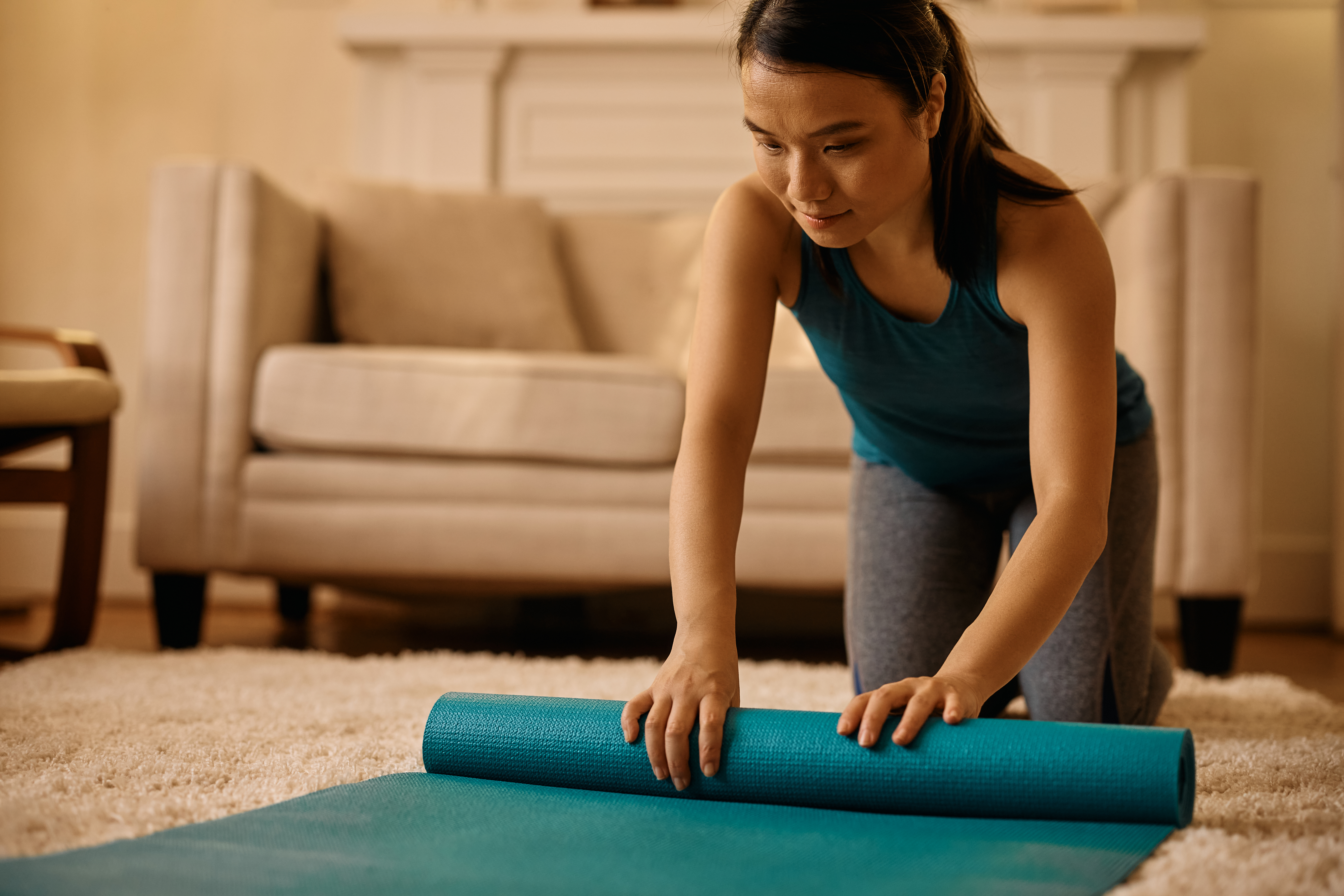
Stress is sleep's most insidious enemy, creating a vicious cycle where worry fuels insomnia and poor sleep exacerbates stress. The ingenious strategy is to create a "worry window" earlier in the evening – dedicate a short, defined period (15-20 minutes) to jot down concerns and potential solutions, then consciously let them go before your pre-sleep routine. Practicing daytime mindfulness, deep breathing exercises, or gentle progressive muscle relaxation can proactively lower your overall stress load, calming the racing thoughts that often hijack your ability to fall asleep.
7. The Influence of Technology on Sleep: The Blue Light Deception
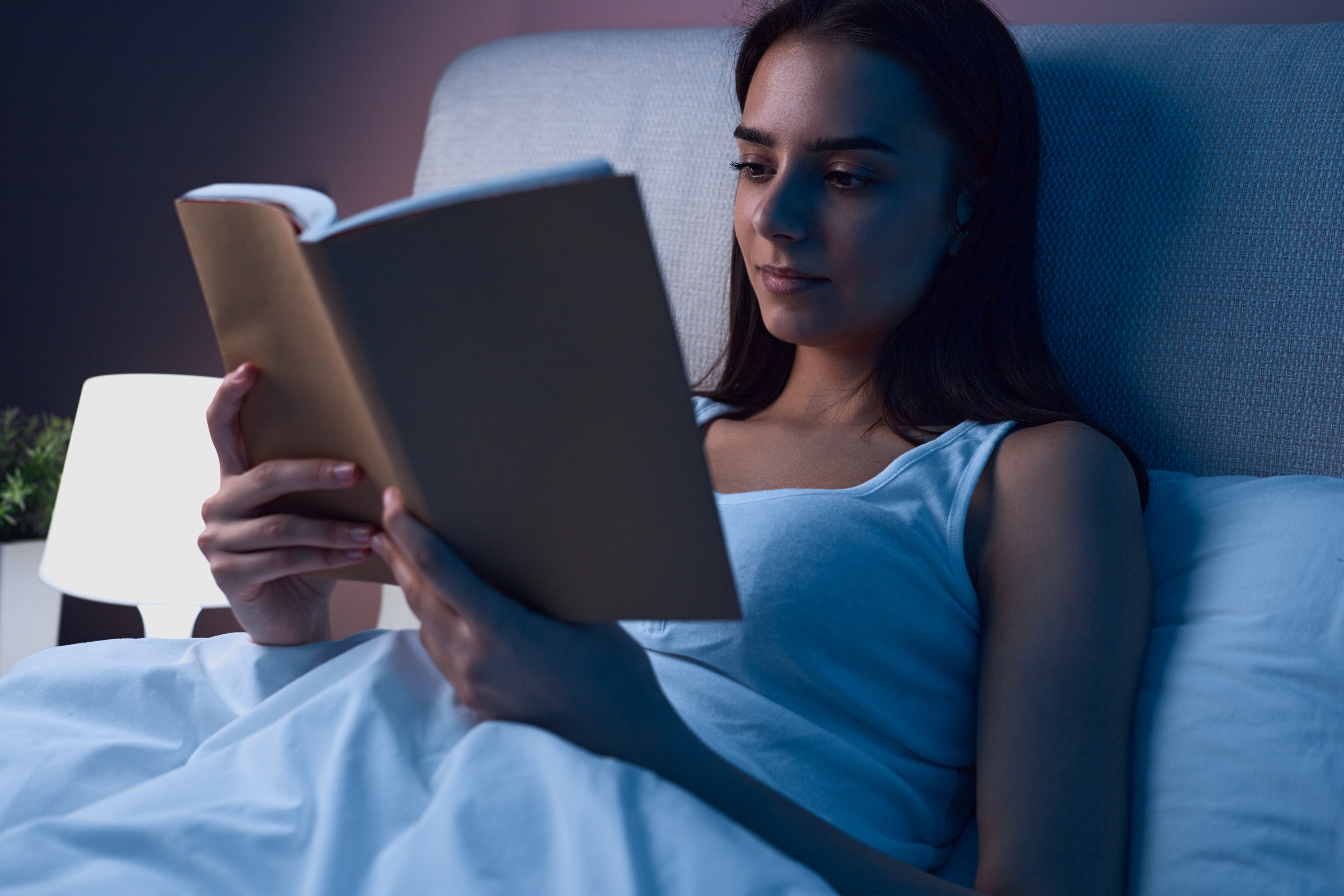
Technology's grip on our lives extends into the bedroom, deceptively disrupting sleep. The blue light emitted by screens (phones, tablets, computers) cunningly suppresses melatonin production, signaling to your brain that it's daytime, even at night. The ingenious solution is a strict digital detox at least 60-90 minutes before bed. Charge devices outside the bedroom. Utilize "night mode" or blue light filters during evening hours. This conscious decoupling from stimulating screens protects your melatonin levels, allowing your body's natural sleep signals to take over undisturbed.
8. The Importance of Sleep Consistency: The Weekend Warrior's Folly
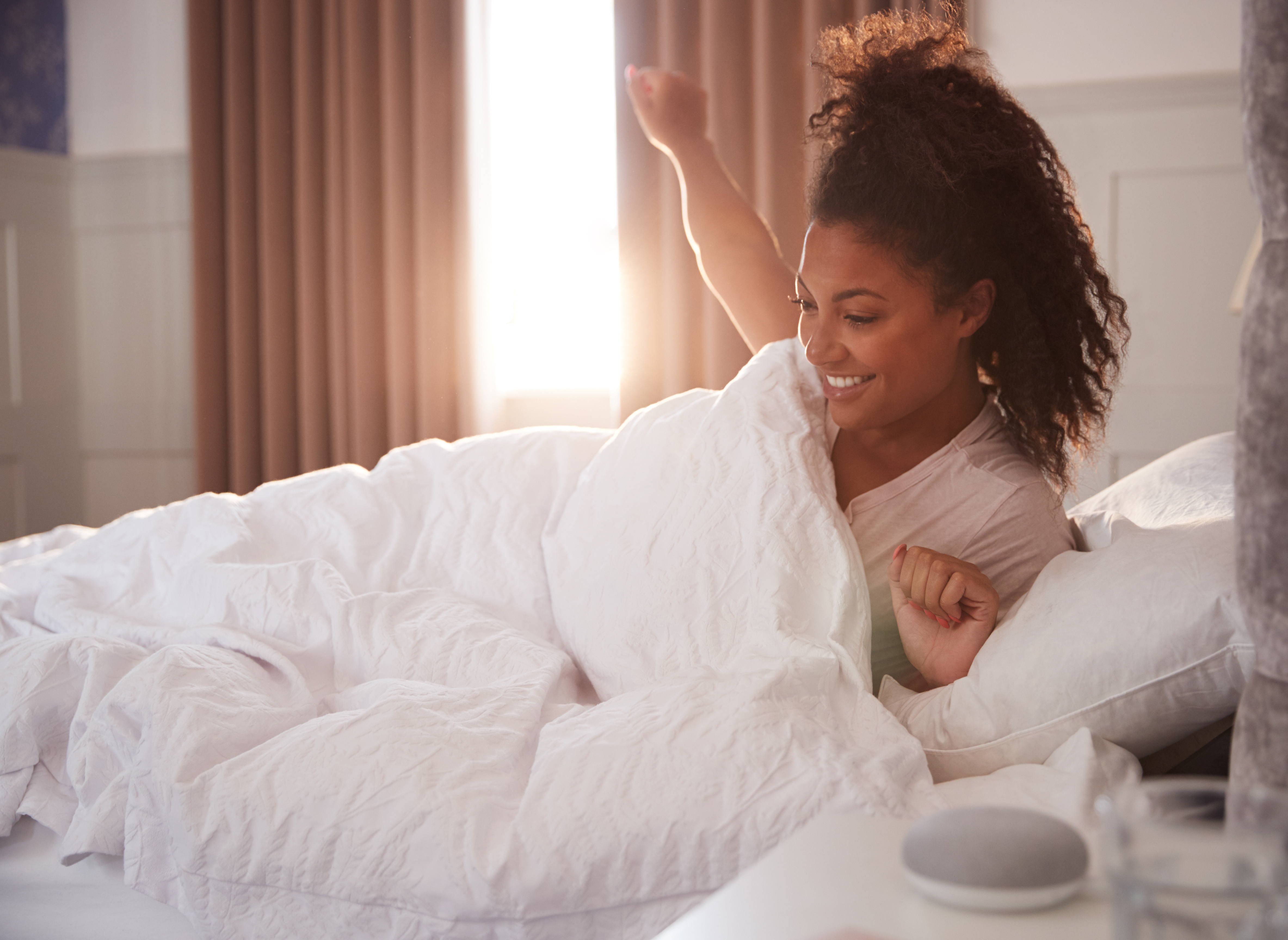
Maintaining a consistent sleep schedule is sleep science's golden rule, yet often ignored by "weekend warriors" trying to catch up. The ingenious truth is that wildly varying sleep times (more than an hour difference between weekdays and weekends) create "social jet lag," disrupting your circadian rhythm. Go to bed and wake up at roughly the same time every day, even on non-workdays. This rigorous consistency powerfully reinforces your body's natural sleep-wake cycle, making falling asleep easier and wake-ups more naturally refreshing.
9. The Role of Sleep Aids and Supplements: Targeted, Temporary Tools
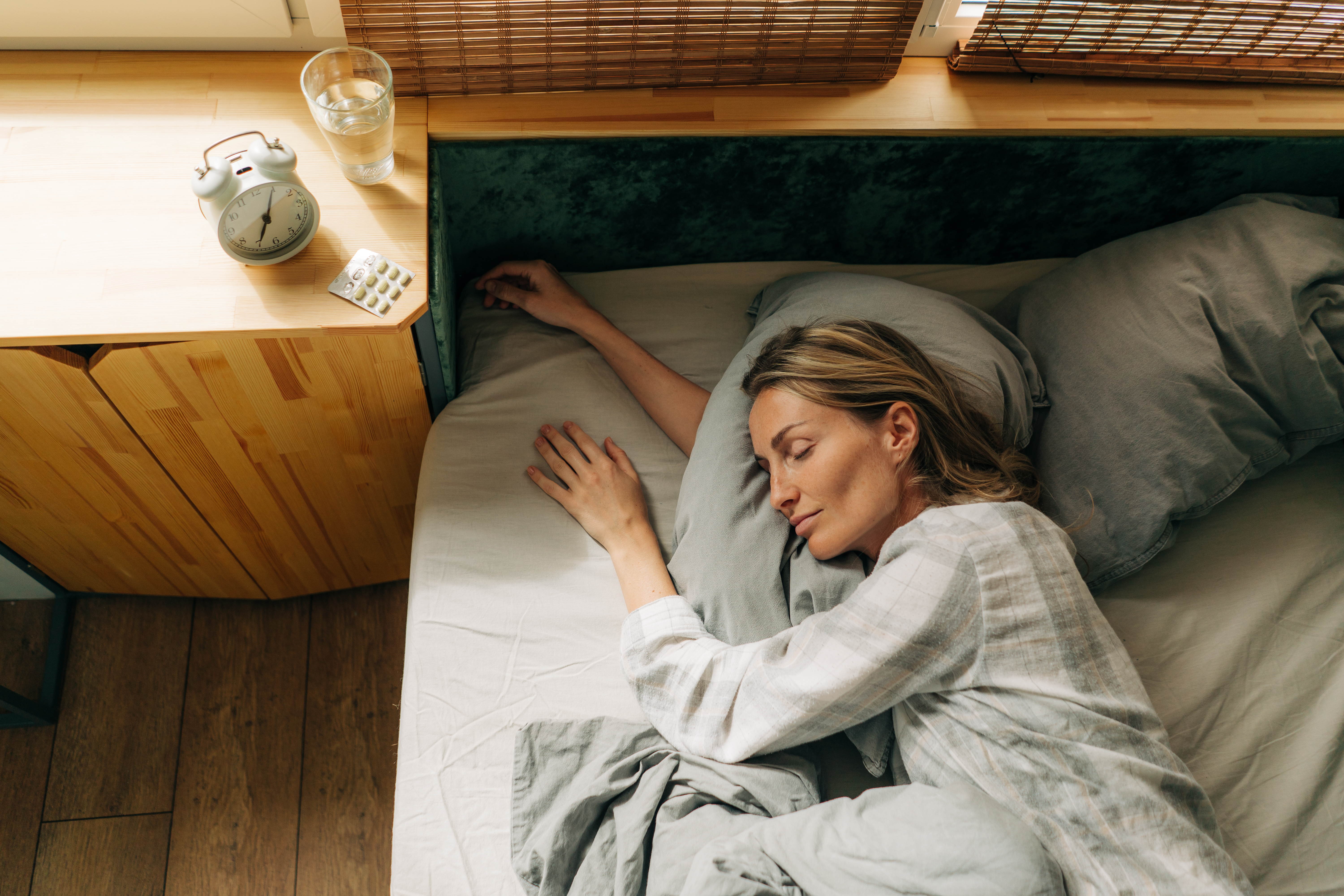
While lifestyle is primary, judicious use of sleep aids or supplements can be ingenious temporary tools. Melatonin, a hormone, can help reset circadian rhythms, particularly for jet lag or shift work, but shouldn't be a long-term solution. Magnesium supplements can aid relaxation and muscle function. Herbal remedies like valerian root or chamomile offer calming effects. Crucially, consult a healthcare professional before trying any supplement, as dosages and interactions vary. These are best used as short-term bridges or targeted interventions under expert guidance, not permanent crutches.
10. Optimizing Bedroom Temperature: The Precise Thermal Sweet Spot
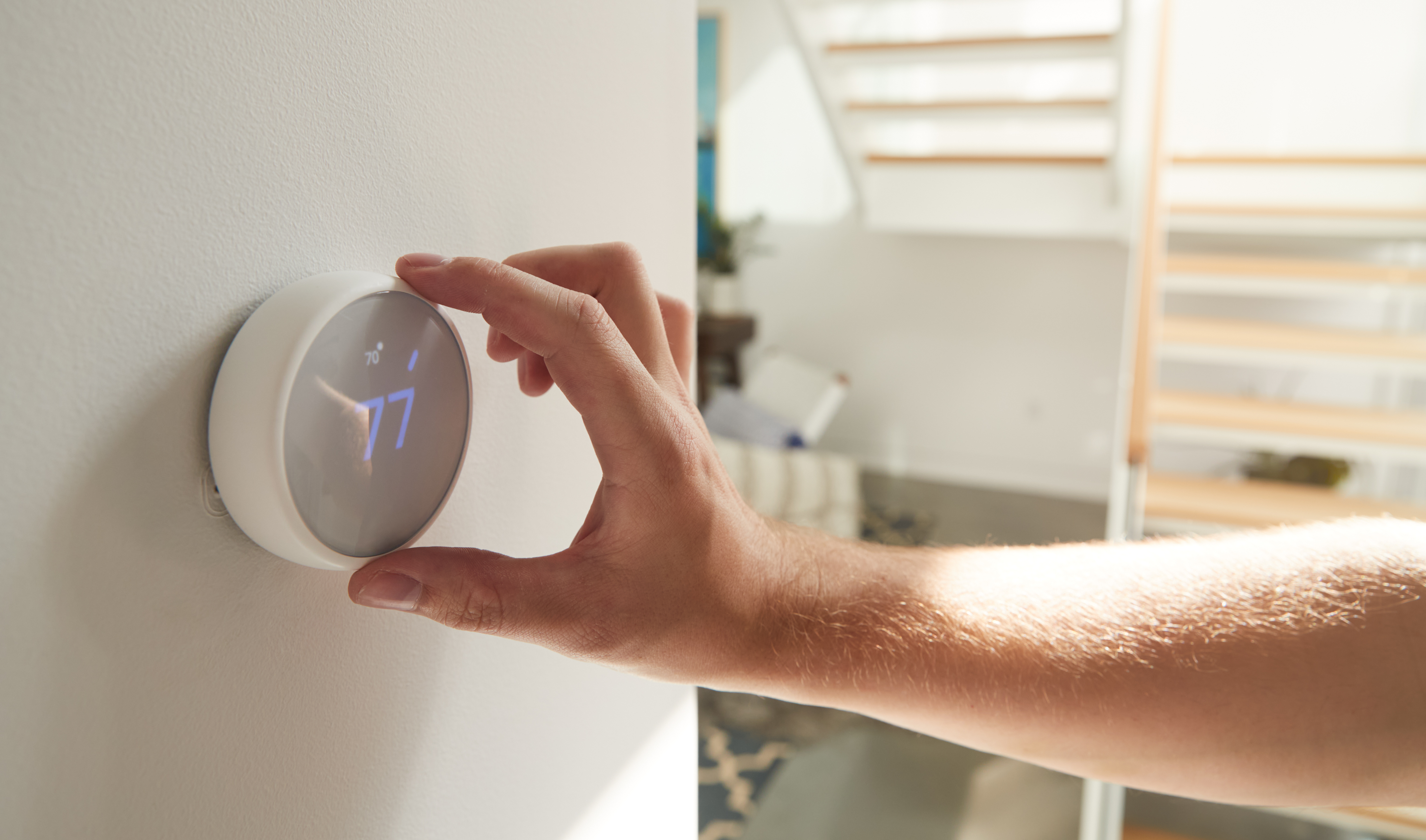
Your bedroom temperature is an ingenious yet often overlooked sleep lever. Your body's core temperature naturally dips before and during sleep, a critical signal for rest. A room that's too warm can hinder this process, causing restlessness. The ideal range is generally 60-67°F (15-19°C). Experiment within this range to find your perfect thermal sweet spot. Utilizing breathable bedding, lightweight sleepwear, and even a pre-bed warm shower (allowing your body to cool afterwards) can subtly aid this crucial temperature regulation for deeper sleep.
11. Strategic Napping: Powering Up Without Powering Down Night Sleep

Napping can be an ingenious energy booster, but its strategic application is key to avoiding nighttime sleep disruption. The optimal "power nap" is short – 10 to 20 minutes – taken early in the afternoon (e.g., between 1 PM and 3 PM). This brief rest can improve alertness and performance without pushing you into deep sleep, which causes grogginess upon waking ("sleep inertia") or reduces your "sleep drive" for the night. Avoid long naps or napping too close to bedtime; they directly subtract from your nocturnal sleep quota.
12. Mindful Breathwork for Sleep Onset: The Conscious Calming Switch
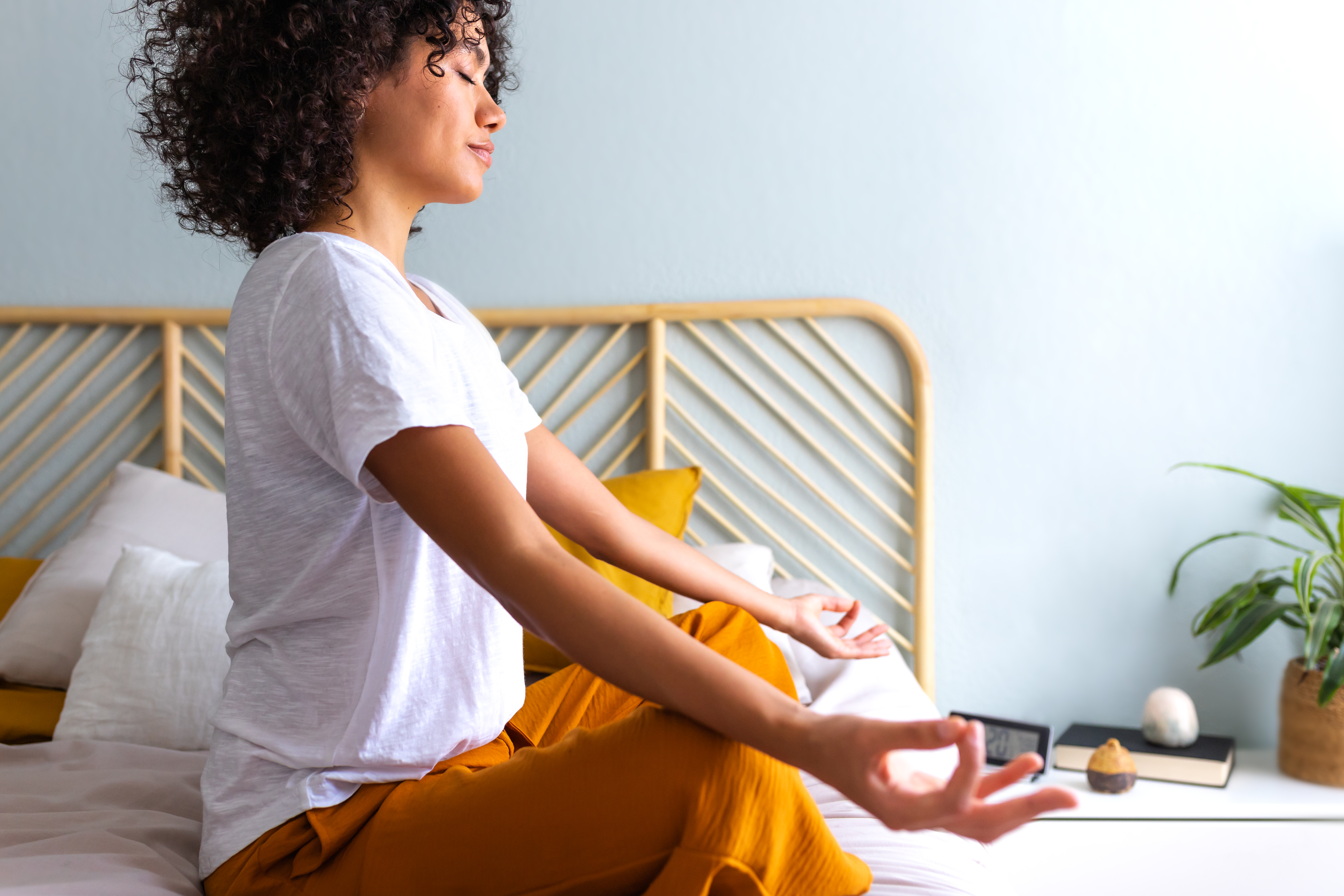
Beyond general deep breathing, specific mindful breathwork techniques offer an ingenious, immediate way to calm your nervous system and induce sleep. The "4-7-8" breathing technique (inhale for 4 counts, hold for 7, exhale for 8) or diaphragmatic breathing (belly breathing) can slow heart rate, reduce stress hormones, and shift your body into a parasympathetic (rest-and-digest) state. This conscious control over your breath acts as a powerful, natural tranquilizer, effectively signaling to your brain that it's safe to disengage and drift into slumber.
Your Path to Restful Sleep: Mastering Your Nightly Symphony
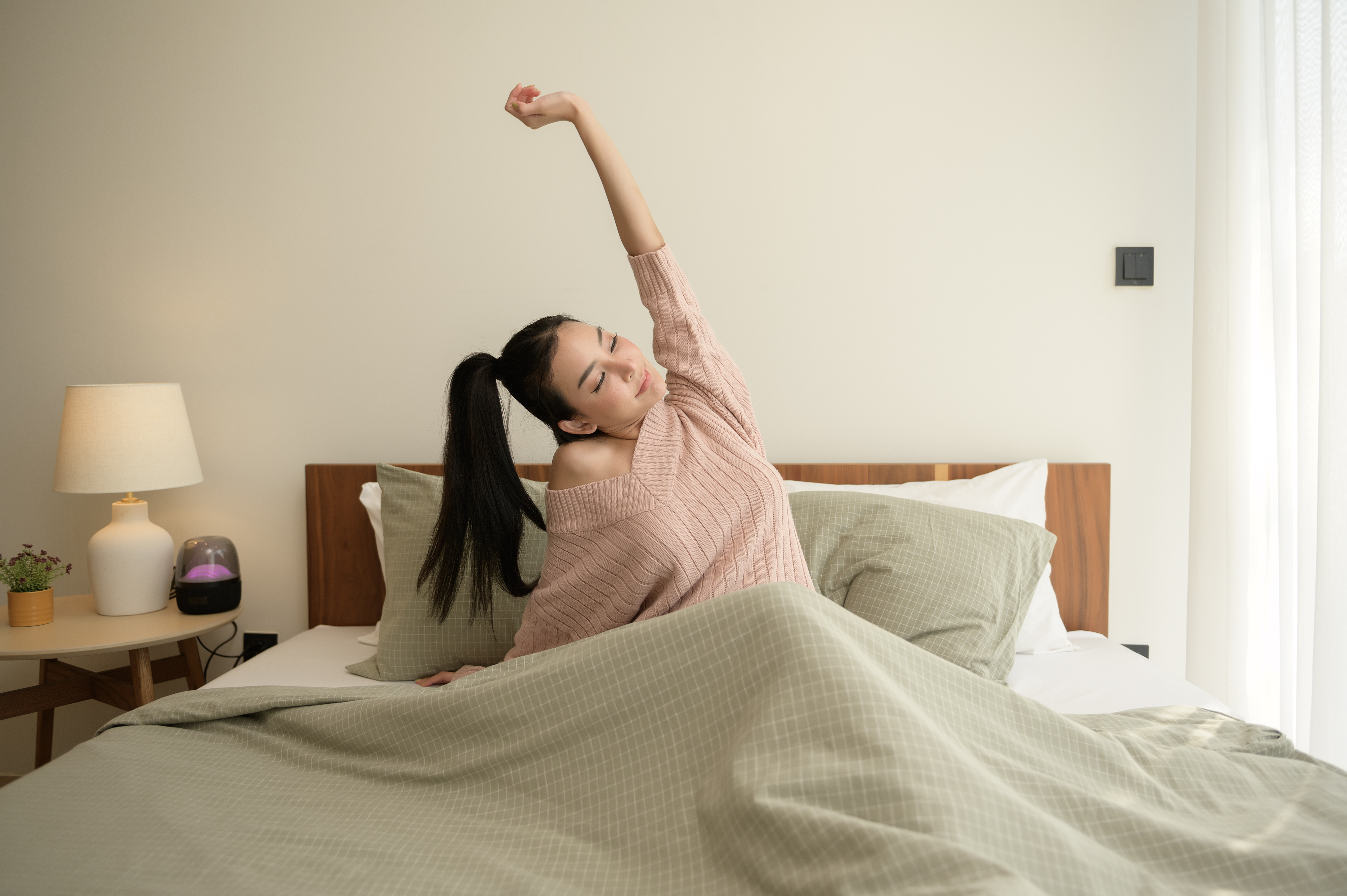
Achieving truly restorative sleep isn't about chasing elusive dreams; it's about orchestrating a precise, personalized symphony of biological and environmental factors. These 12 brilliant, expert-backed strategies reveal the ingenious pathways to better rest, from synchronizing your circadian rhythm and optimizing your sleep sanctuary to mastering mindful breathing and navigating the complexities of modern tech. By understanding these subtle yet powerful levers, you're not just improving sleep; you're profoundly enhancing your mental clarity, physical resilience, and overall well-being. Embrace this holistic approach, and transform your nights into the consistent, rejuvenating sanctuary your body and mind truly deserve.
